We Are On Our Way.... (Page Four)
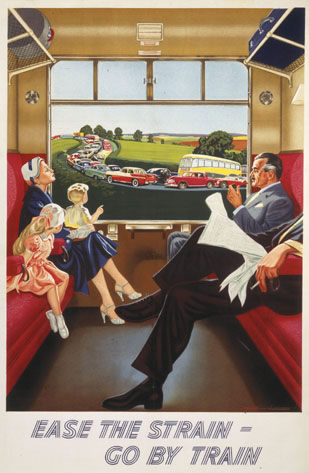


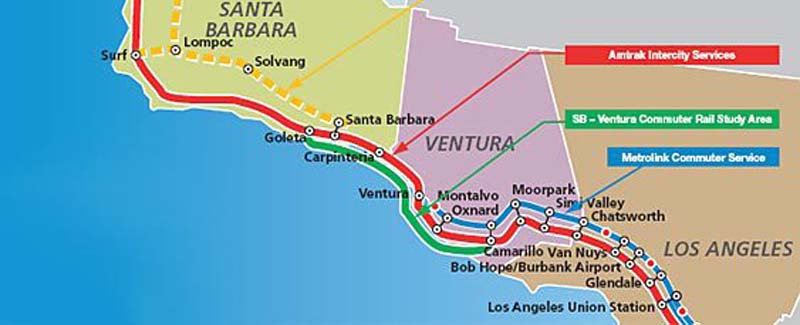

First one on
(Courtesy of Hans)

Your hosts (Courtesy of James Cathey)

Miss Bunny rerady for the Zoo (Courtesy of James Cathey)
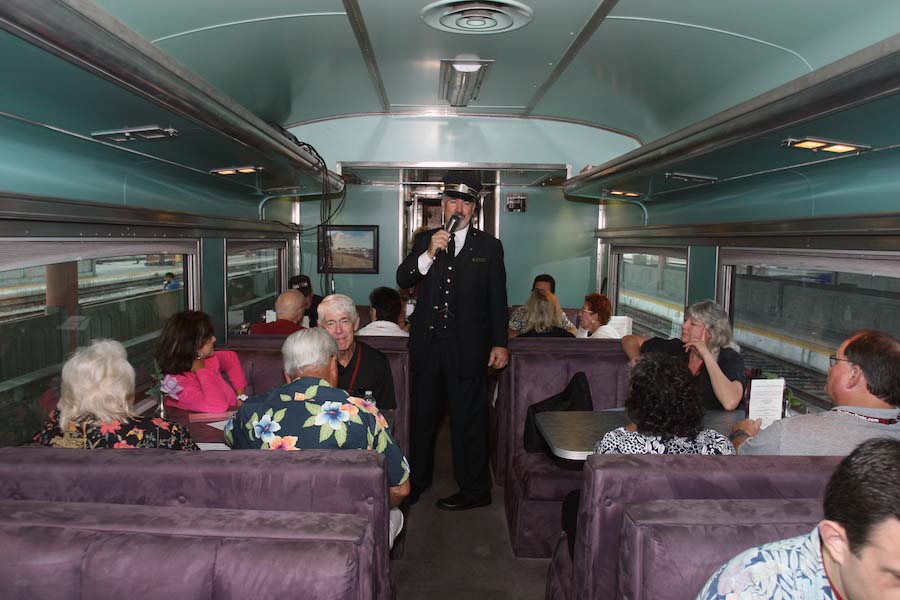
Conductor Bill welcomes everybody on board

Mimosas are served.... The day begins... Eyes start to open
Did You Know? - A Mimosa is a cocktail-like drink composed of one part champagne (or other sparkling wine) and one part thoroughly chilled citrus fruit juice, usually orange juice unless otherwise specified (e.g., "grapefruit [juice] mimosa"). It is traditionally served in a tall champagne flute with a morning brunch as hair of the dog or to guests at weddings.
It is probably named after the yellow flowers of Acacia dealbata.
A Buck's Fizz is a similar cocktail, but with twice as much orange juice as champagne.

Must be the Liles group
(Courtesy of Hans)
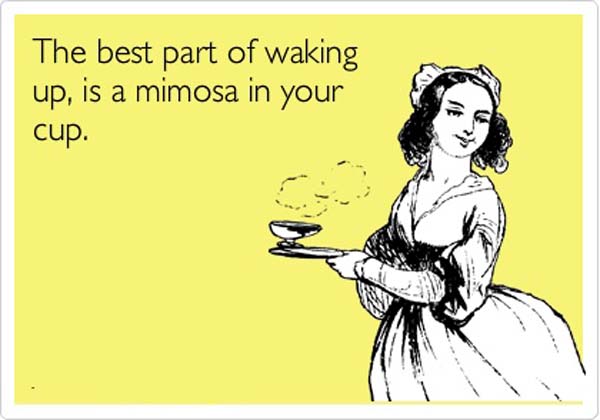
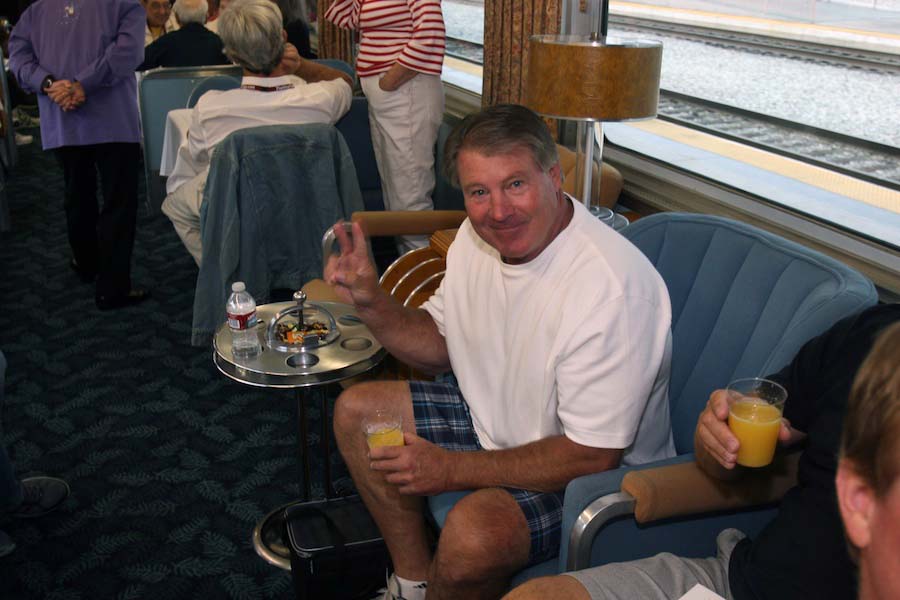
All is well with the Ward Group

Enjoying the ride
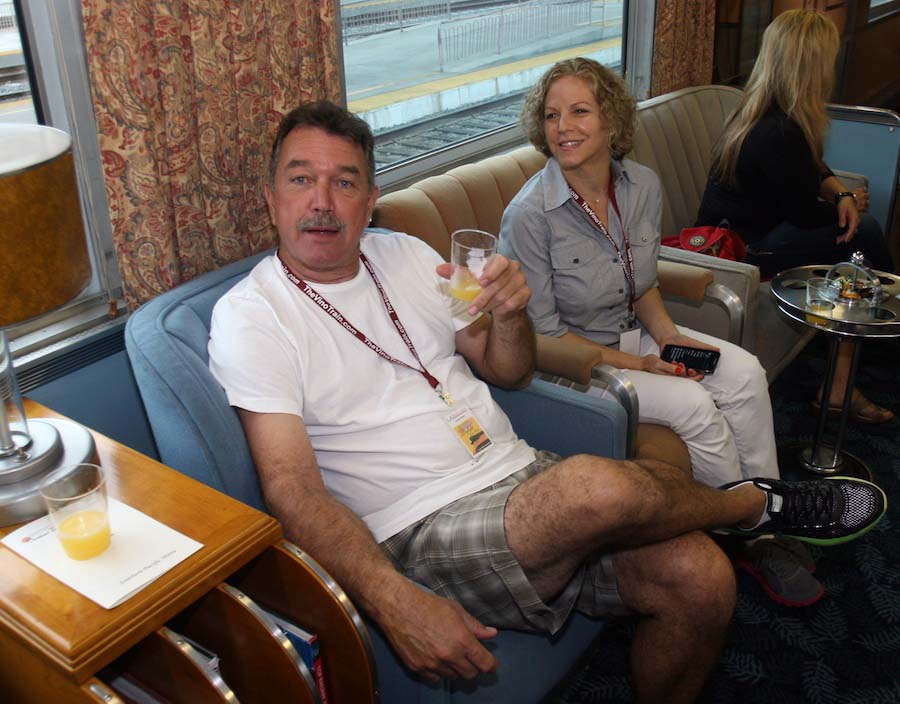
"One down and one to go until the next round!
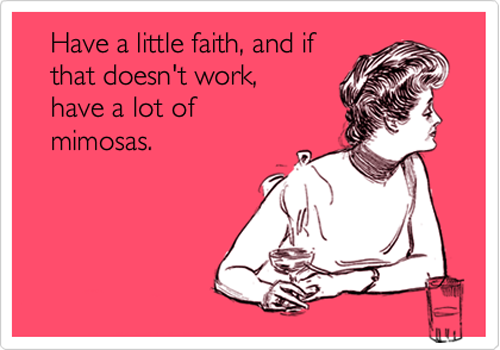
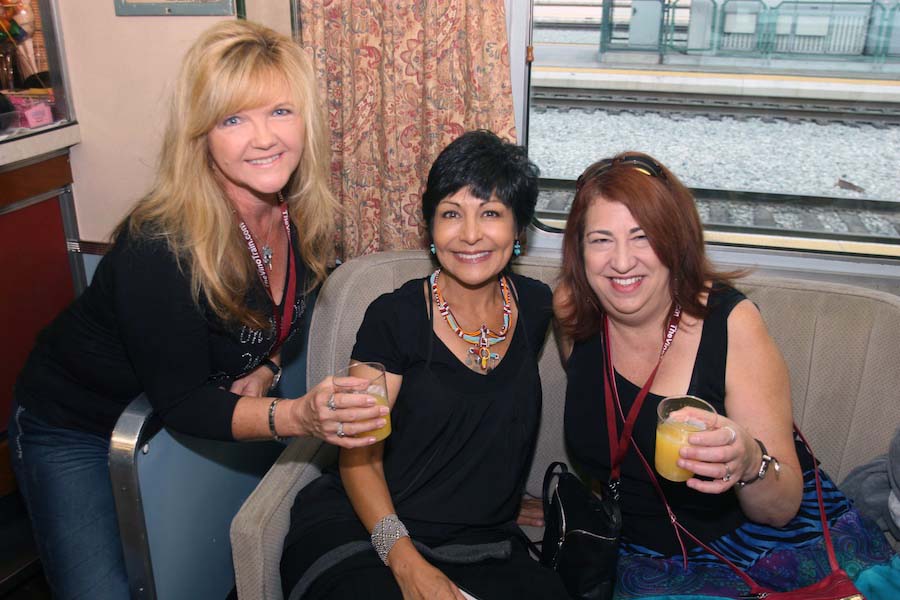
Ladies.... Here is to you!

The three hour trip is beginning

We checked, they are NOT texting each other

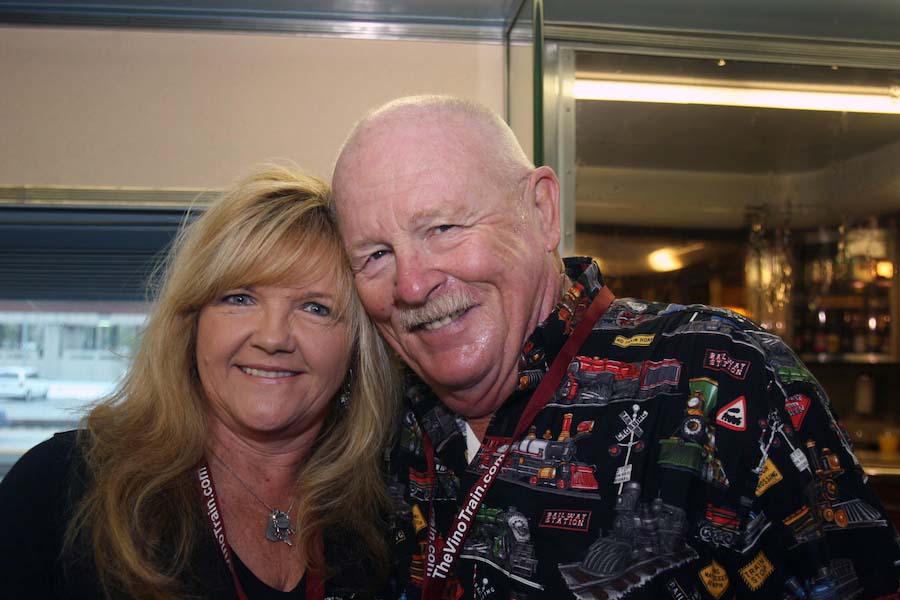
Ahhhh Daughter Robin and Paul

Tom made it this year.... Super!

Hans and Kerstin are ready to go
(Courtesy of Hans)
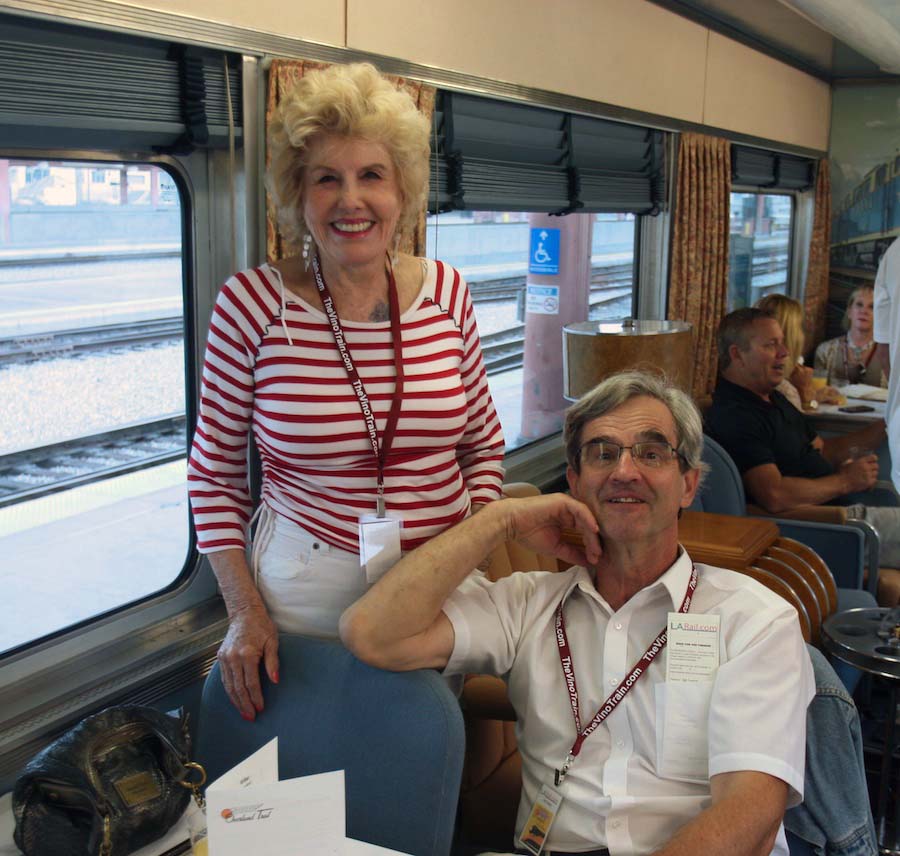
Iris and Will found a great spot
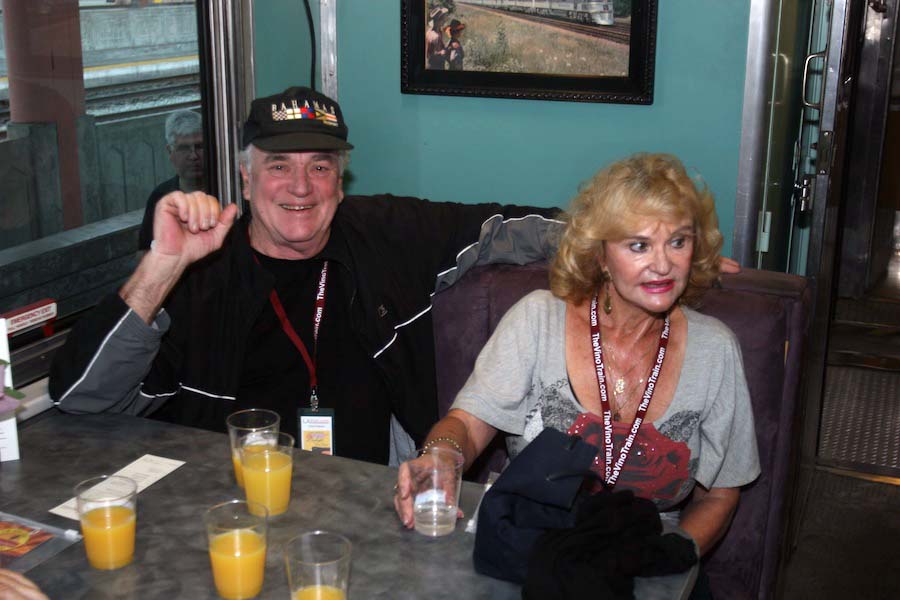
Six Mimosas and we have yet to leave the station!
This is gonna be a real trip
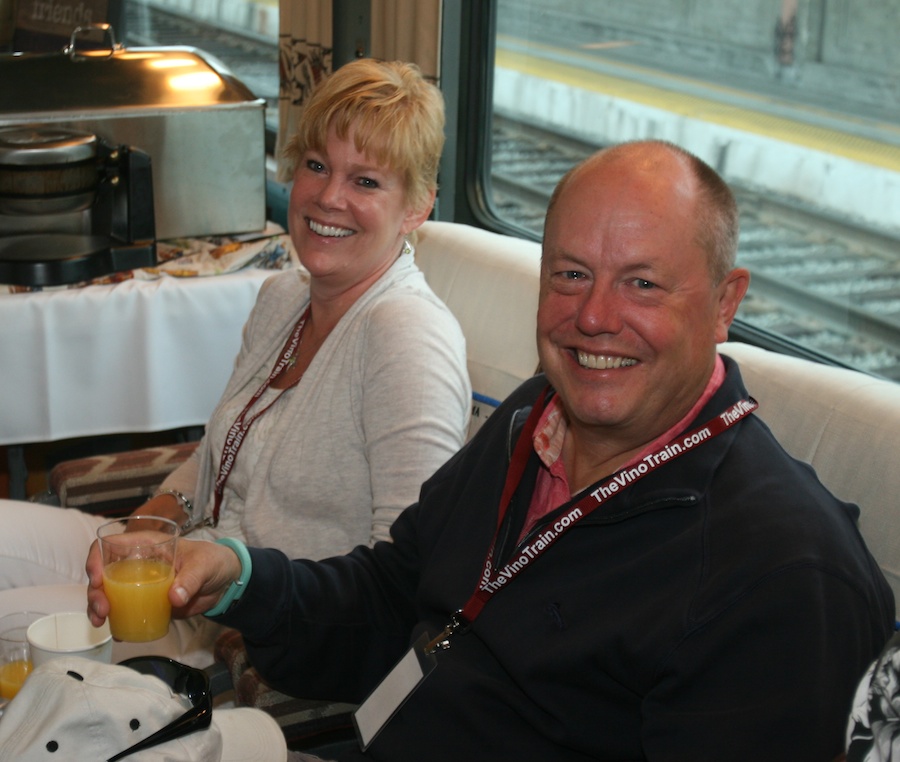
We called the police and told them if they see people
looking lost wearing lanyards, send them to the train station
Did You Know? - The earliest references to lanyards dates from 15th century France, during which the word "Lanière" was used to describe a thong or strap apparatus.
Later, in the French military, lanyards were used to connect a pistol, sword or whistle (for signalling) to a uniform on a semi-permanent basis. Lanyards were used in situations where there was a good chance of losing the object—commonly by cavalry and naval officers at sea.
A well-made pistol lanyard can be easily removed and reattached by the user, but otherwise will stay connected to the pistol whether it is drawn or in a holster. Lanyards later became a more decorative item.
A popular reference to holster lanyards is found in the 1966 Spaghetti Western The Good, The Bad, and The Ugly, in which one of the film's main characters, Tuco Ramirez, is known to carrying his pistol on a rope cord lanyard.
Eli Wallach, the actor who played the part of Tuco, reportedly told director Sergio Leone that it was too difficult to put a pistol into a holster without looking, so Leone put Wallach's pistol on a lanyard
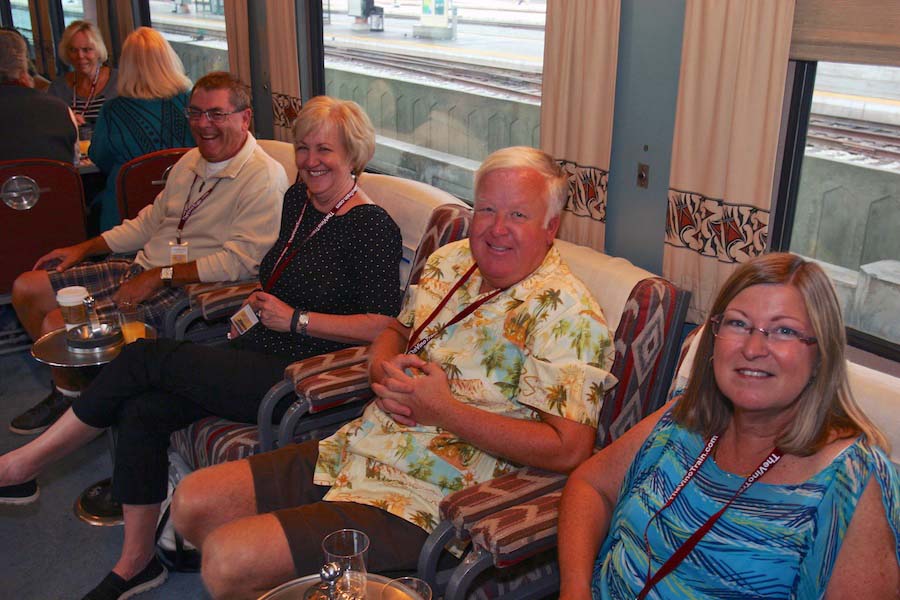
Mimosas are working... The smiles are getting wider
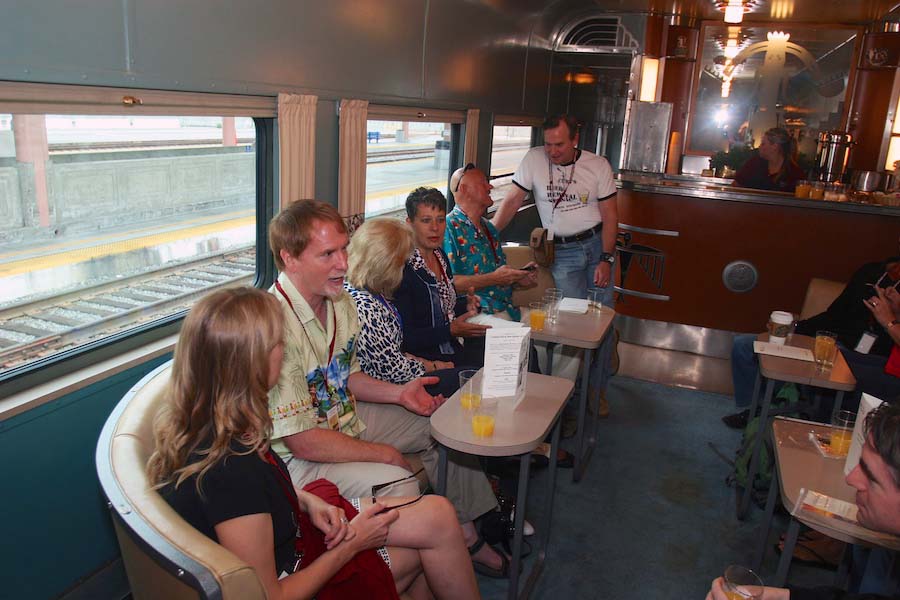
Serious visiting begins....
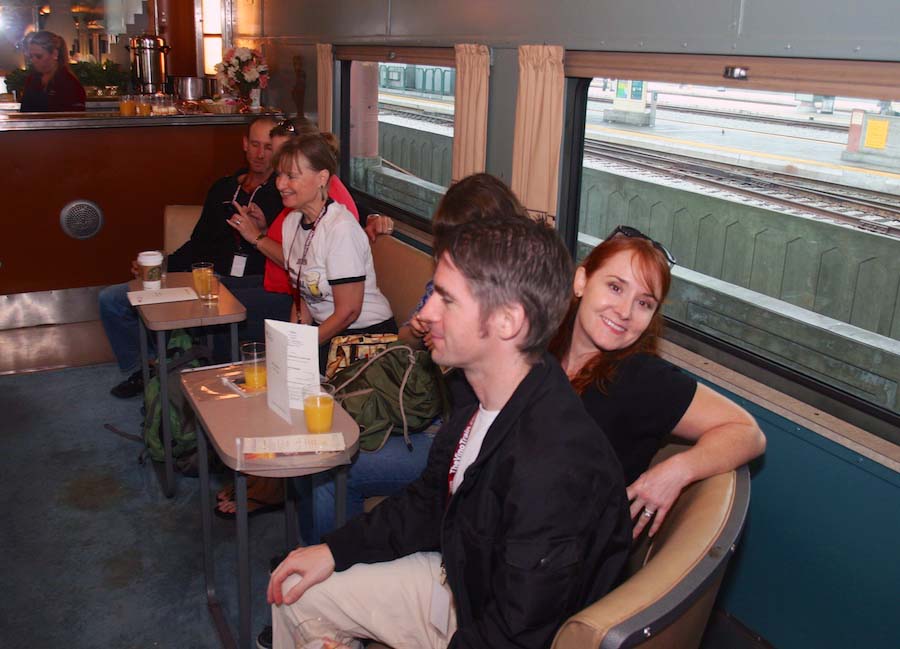
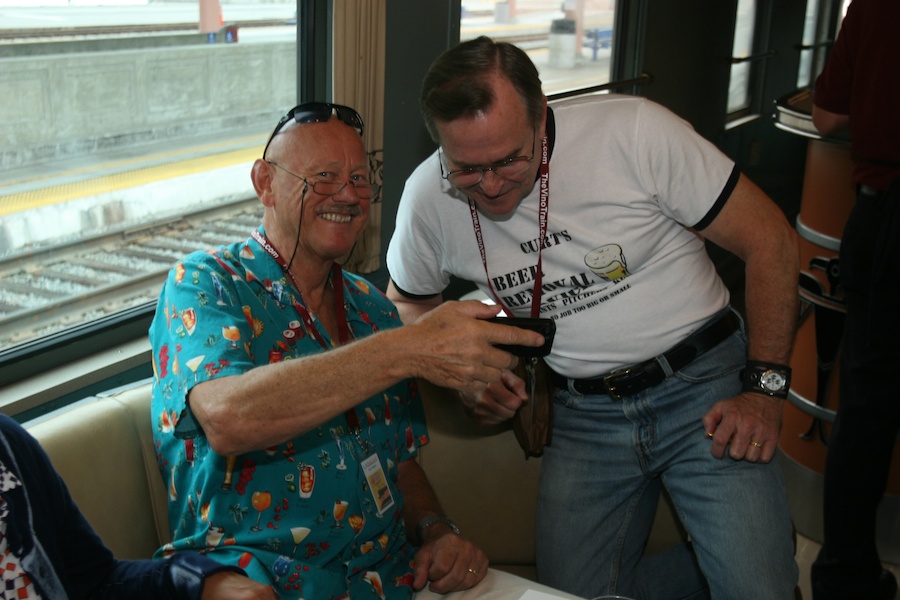
Hans has his camera in gear already
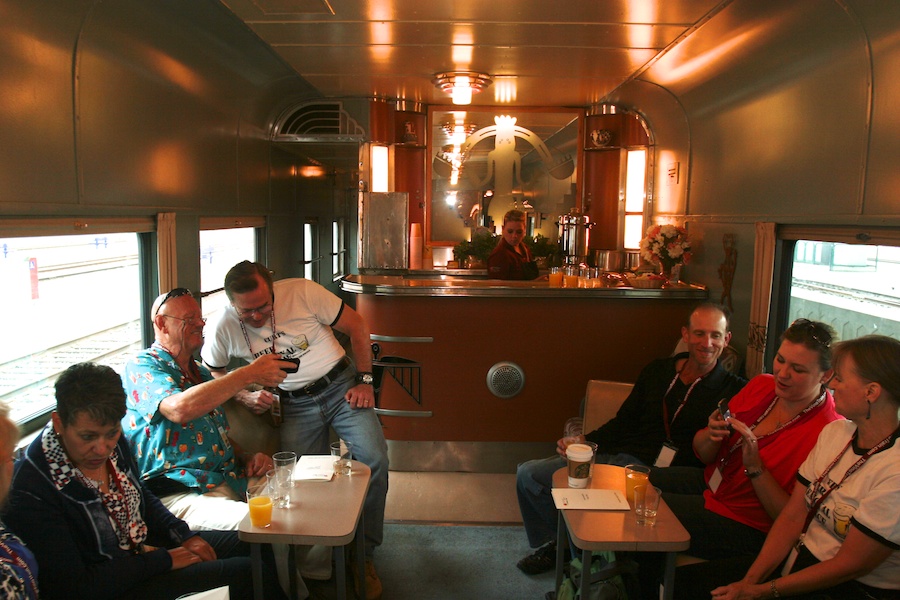
The bar was beautiful
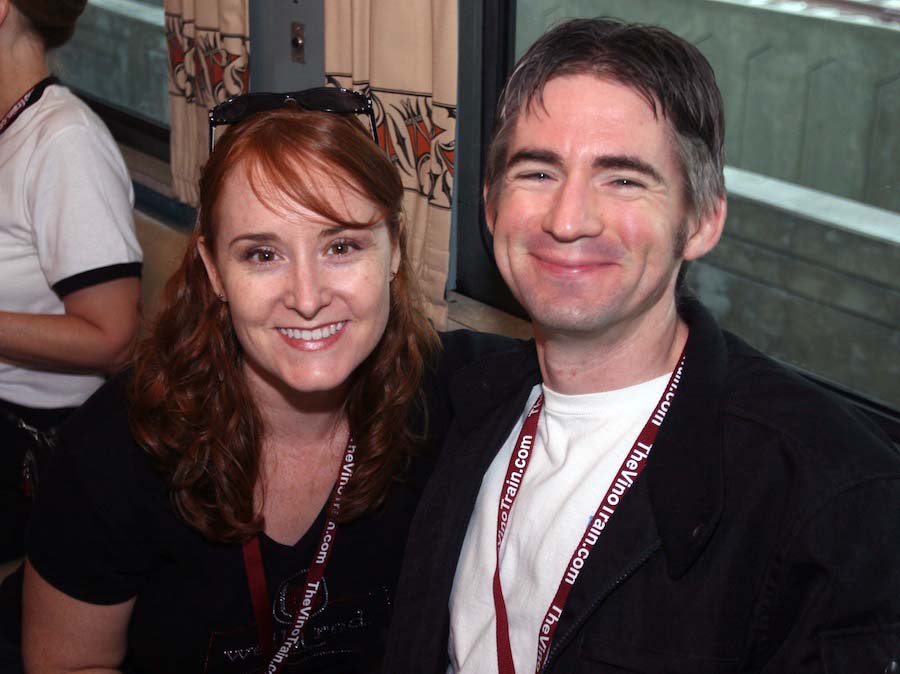
Tiffany and Kyle join us for another wine adventure
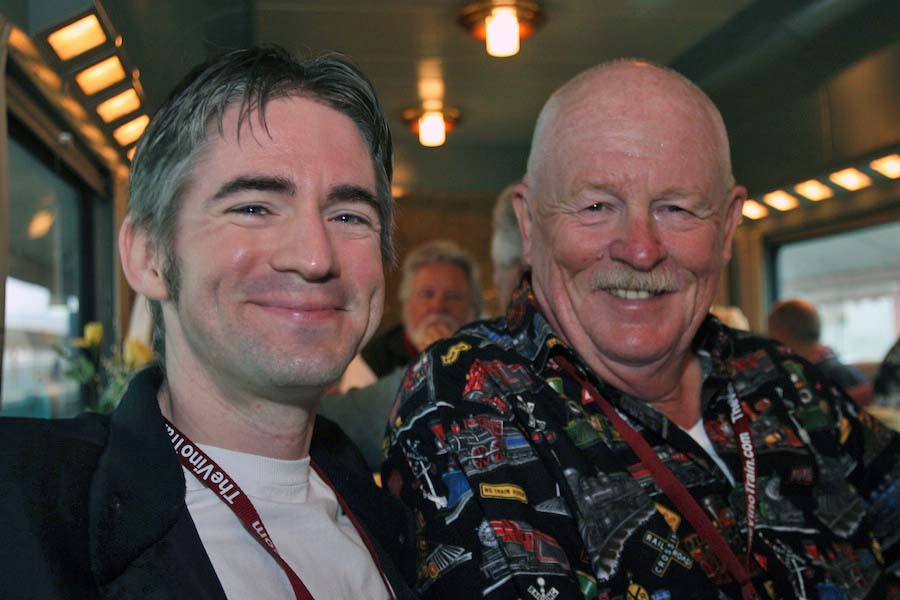
Kyle and Paul
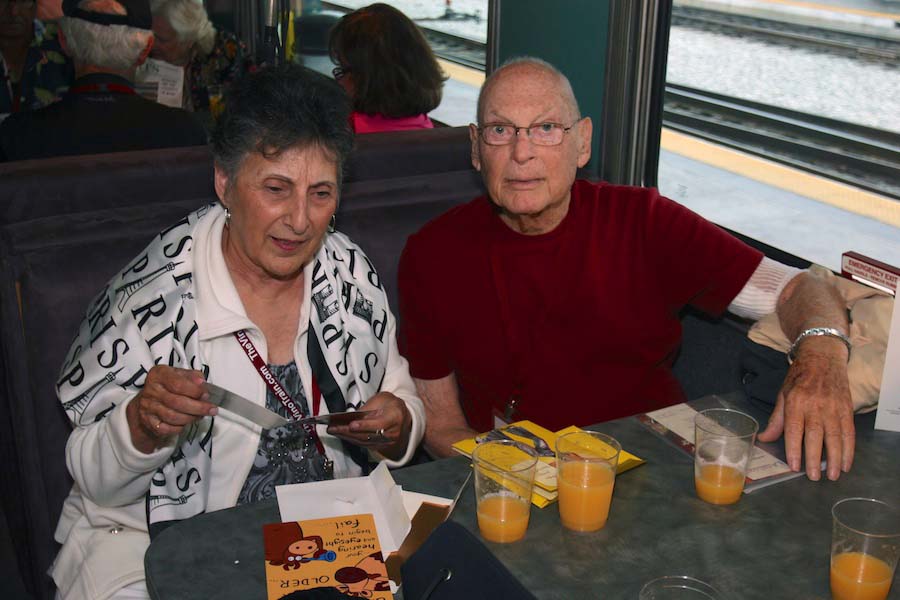
This table is going to be a load of fun in about thirty minutes
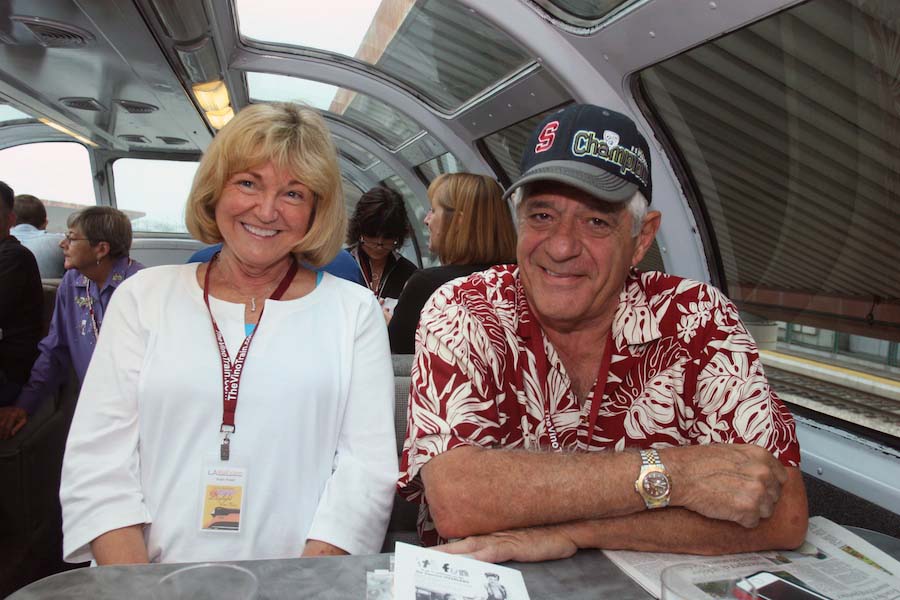
Kristin and Ron found the best seats in the house

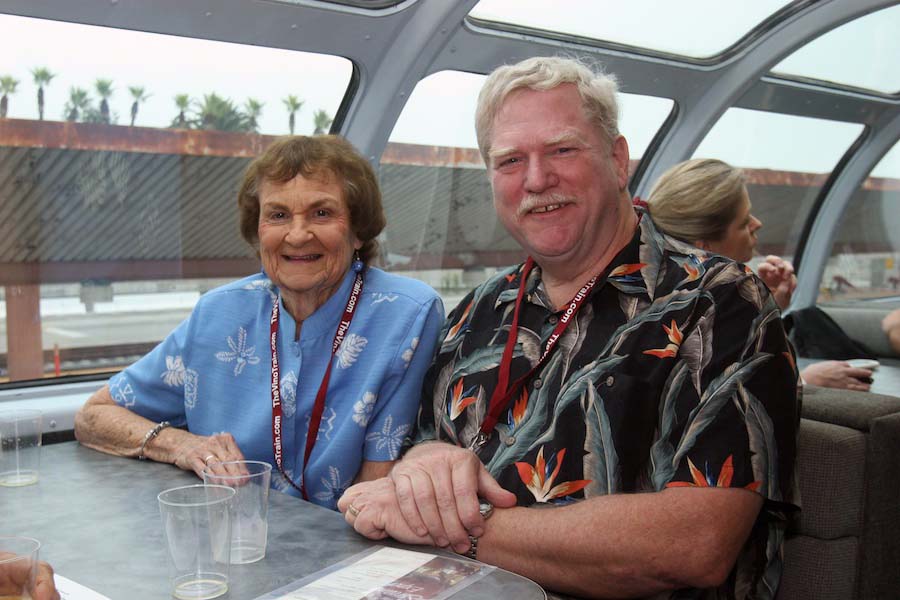
Marion and Gary
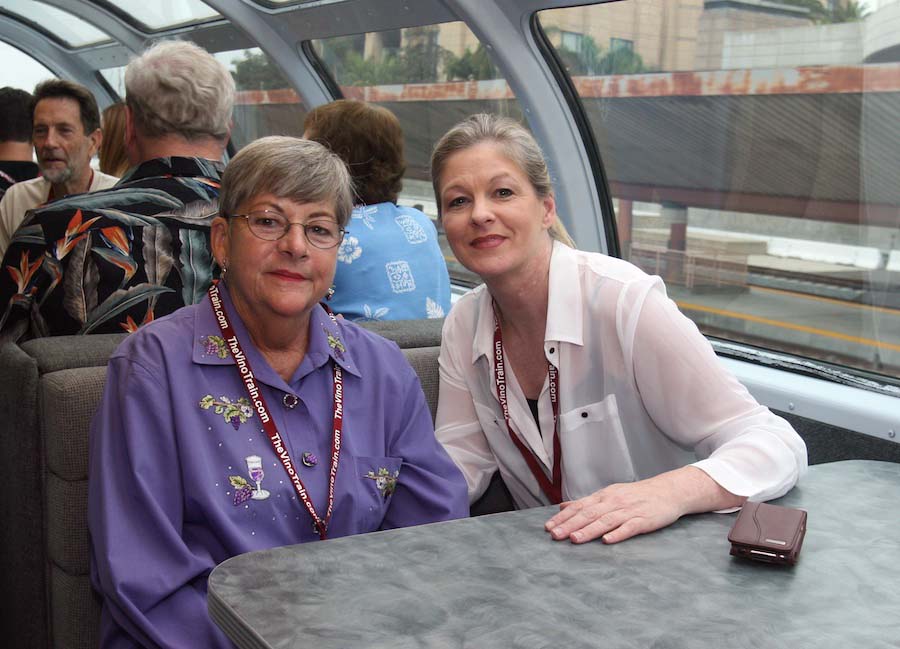
Sue and Lisa visit
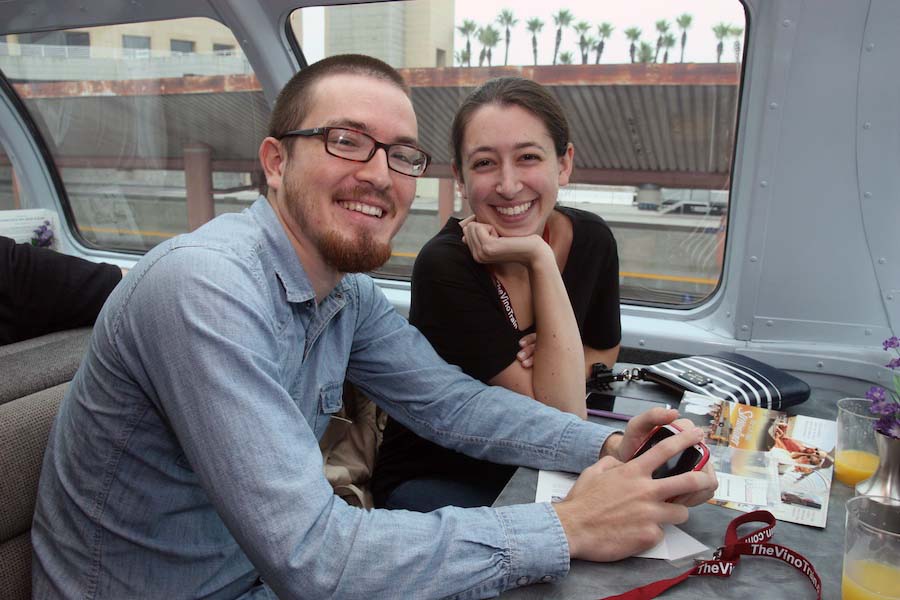
Thomas and Niece Hannah joined us this year..... Yeah!

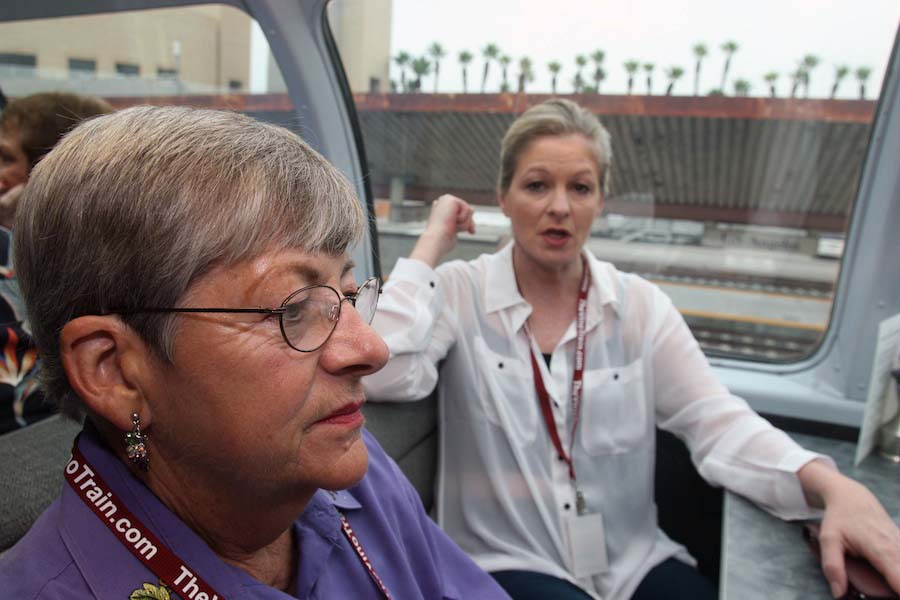
"Grandma... Is this when I am supposed to make train sounds??"
Did You Know? - A train whistle or air whistle (originally referred to as a steam trumpet) is an audible signaling device on a steam locomotive used to warn that the train is approaching, and to communicate with rail workers.
The older steam whistles were almost always actuated with a pull cord (or sometimes a lever) that permitted proportional (tracker) action, so that some form of "expression" could be put into the sound. Many locomotive operators would have their own style of blowing the whistle, and it was often apparent who was operating the locomotive by the sound. Modern locomotives often make use of a pushbutton switch, which takes away the fine control over the way the whistle is sounded.
Because trains generally have extremely high mass and relatively low braking friction, they are inherently difficult to stop at normal speeds. Some way of warning others of the approach of a train from a distance is necessary. Since train whistles were extremely inexpensive to institute compared to other more effective warning devices, the use of loud and distinct train whistles became the preferred solution for railway operators.
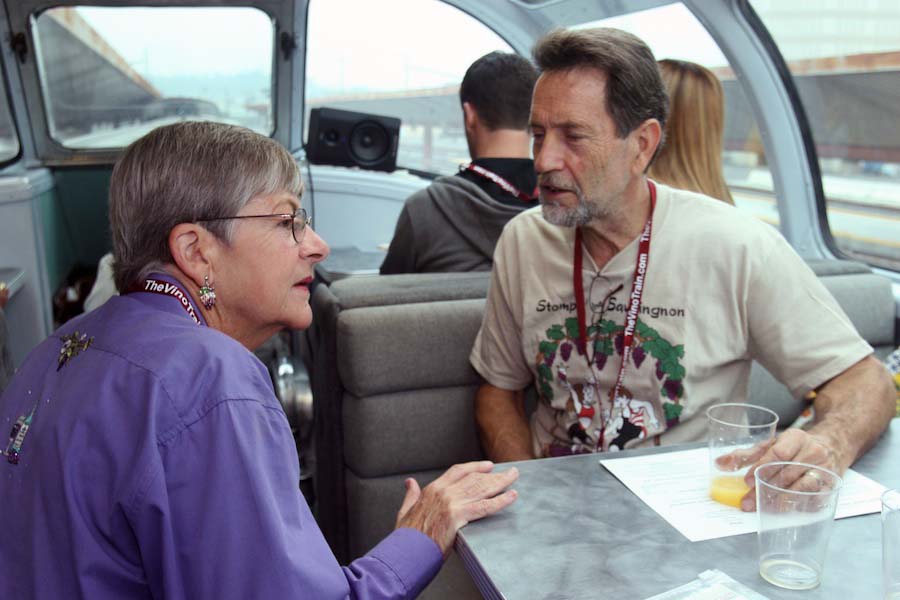
Bob practices his new hobby... Collecting empty mimosa glasses

Mimosas are flowing
(Courtesy of Hans)
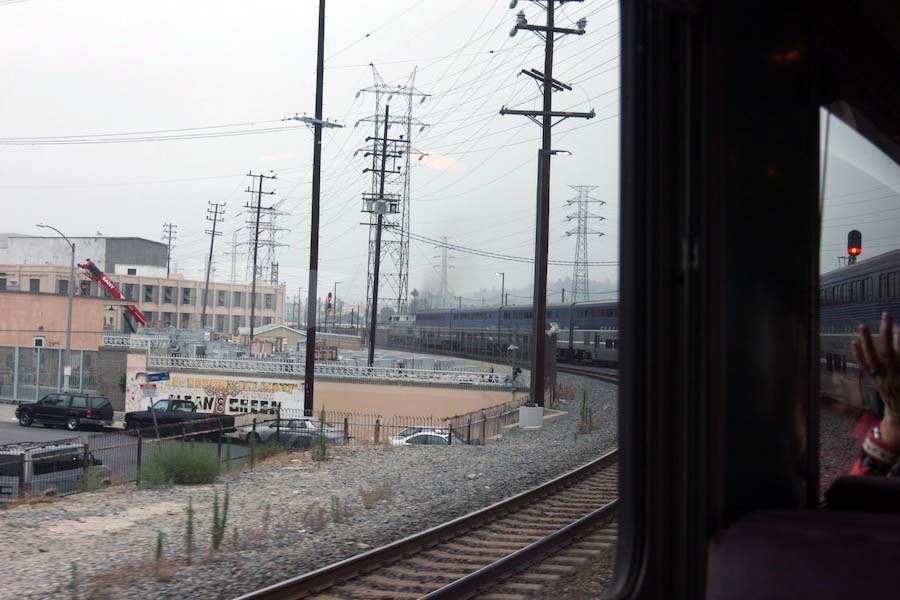
We had eleven cars on this trip
... Ours were in the rear of the train going up
Did You Know? - A passenger car (known as a coach or carriage in the UK, and also known as a bogie in India) is a piece of railway rolling stock that is designed to carry passengers. The term passenger car can also be associated with a sleeping car, baggage, dining, railway post office and prisoner transport cars.

Ladies and gentlemen... We are officially underway
(Courtesy of Hans)

If we are underway, how come I do not feet anything????
Oh... Yes... The mimosas are working
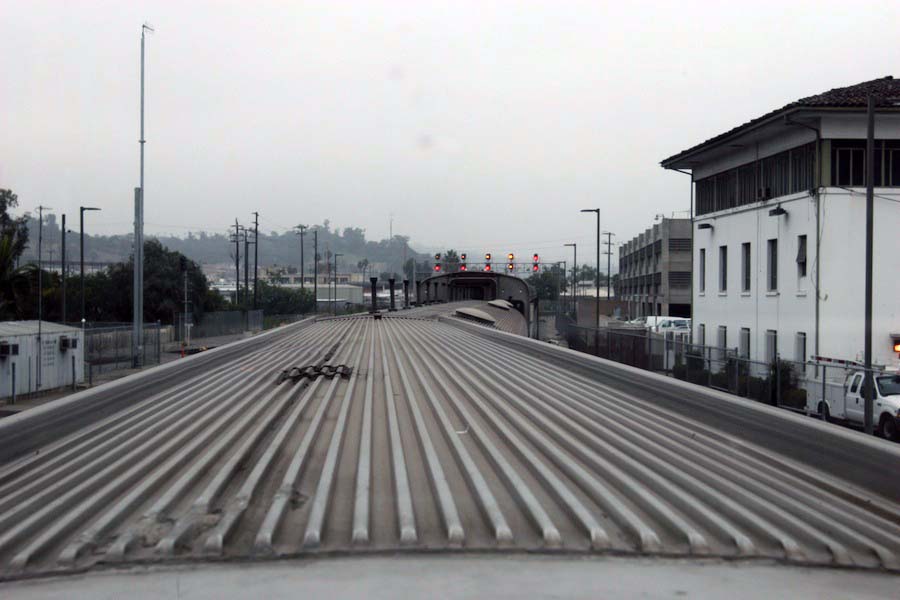
Dome top view of the train
Breakfast Is Served
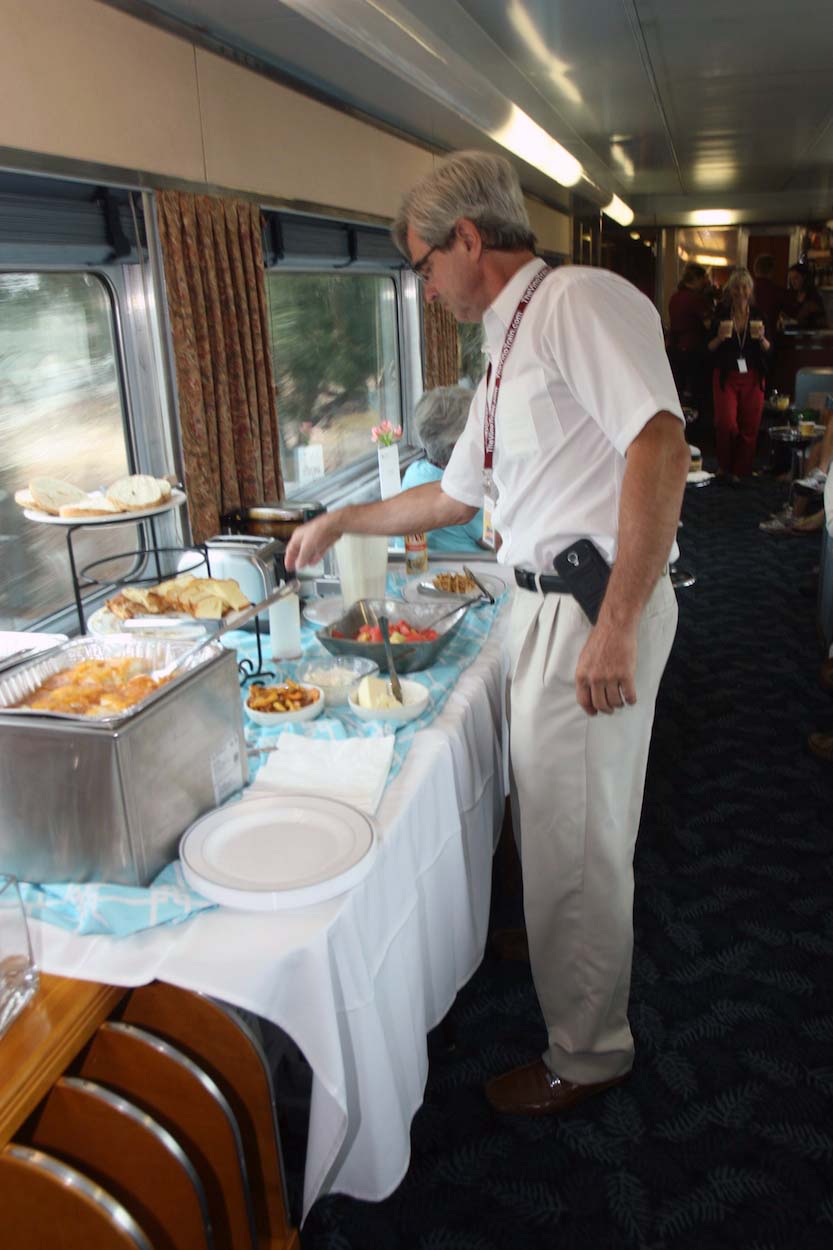
Will makes a pass
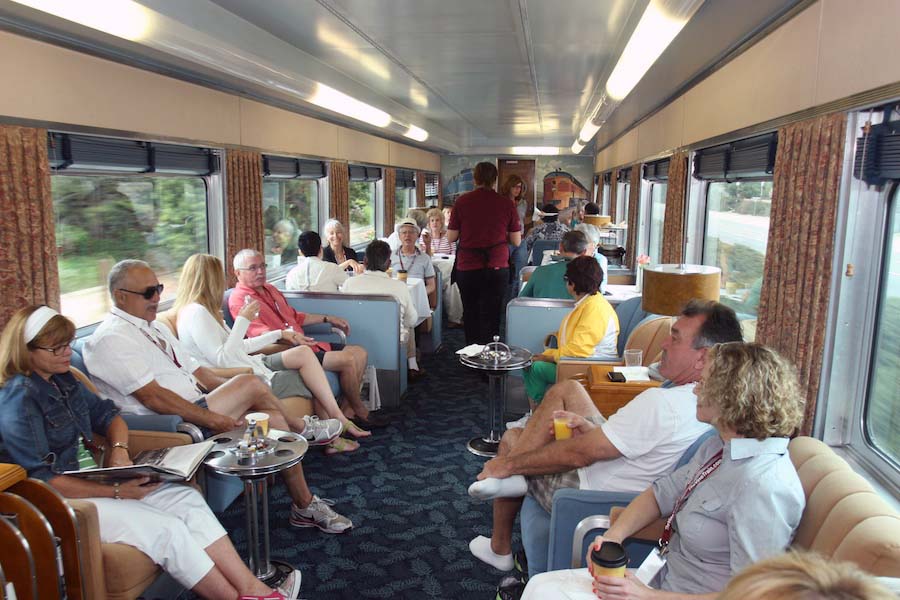
Service was fantastic....

Tummies are full
(Courtesy of Hans)
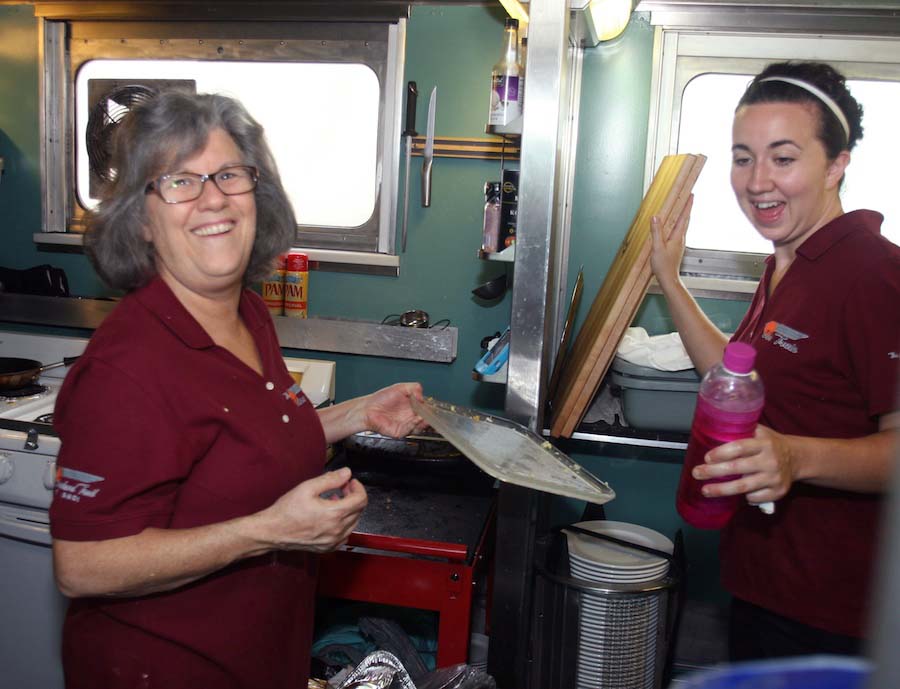
Debbie (Conductor Bill's bride) is always at work...
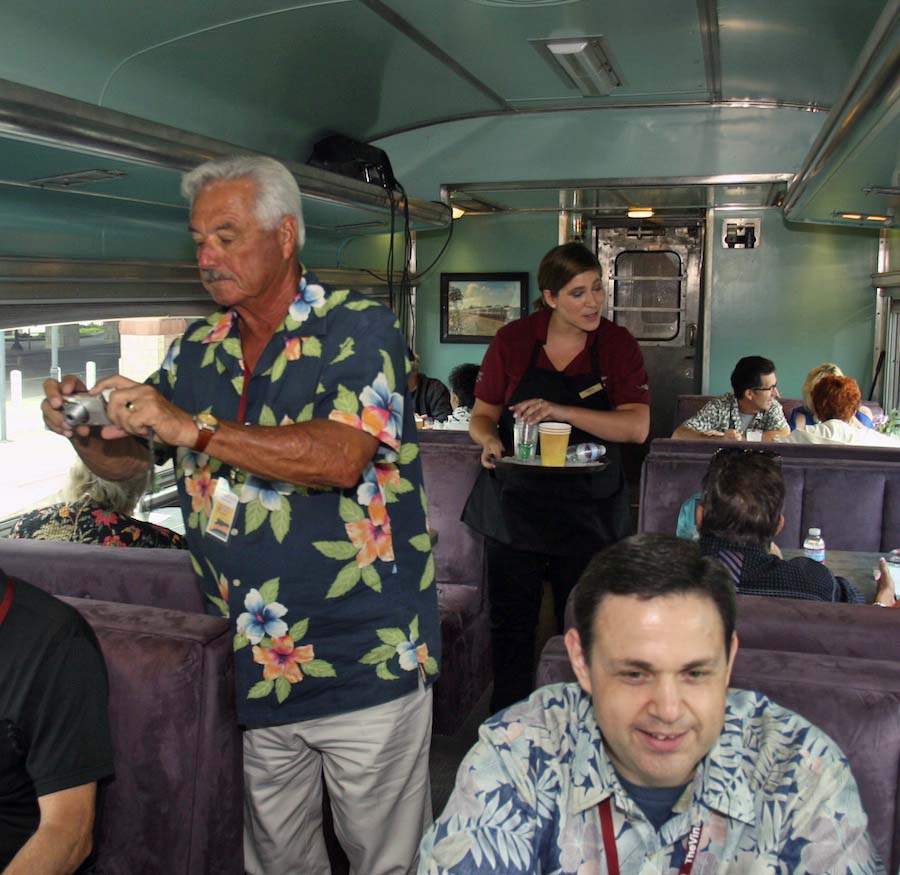
James keeps his camera busy
... He is ready for the Zoo
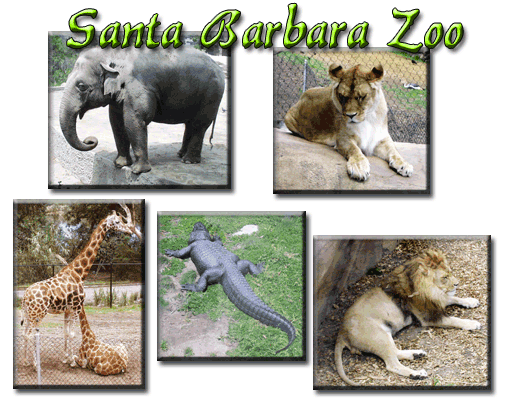
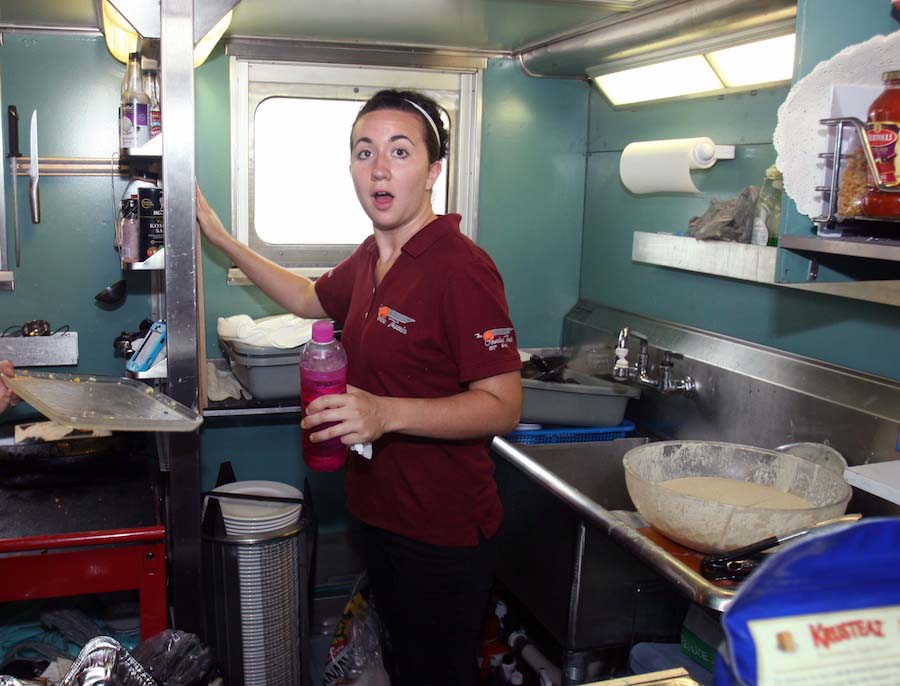
Caught... Keeping everything scrubbed up after serving 100 people

Chatsworth is coming up
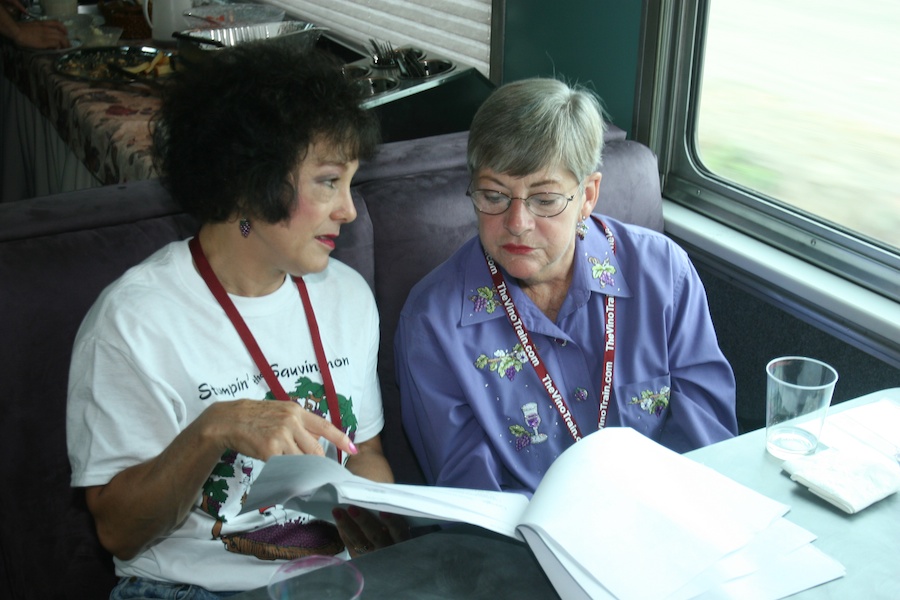
Donna shares the wine-tour plans with Sue.... New wineries to visit.
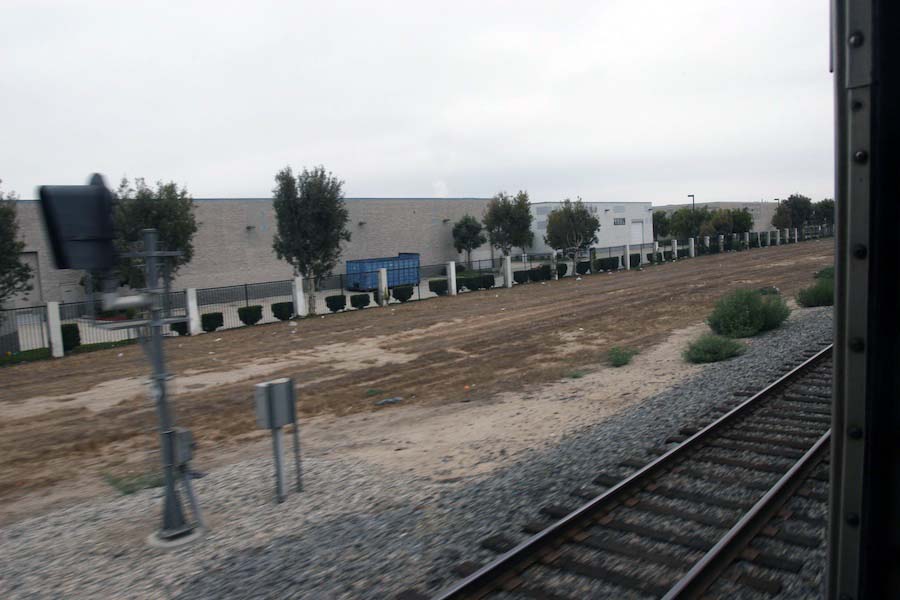
We are close to leaving the city
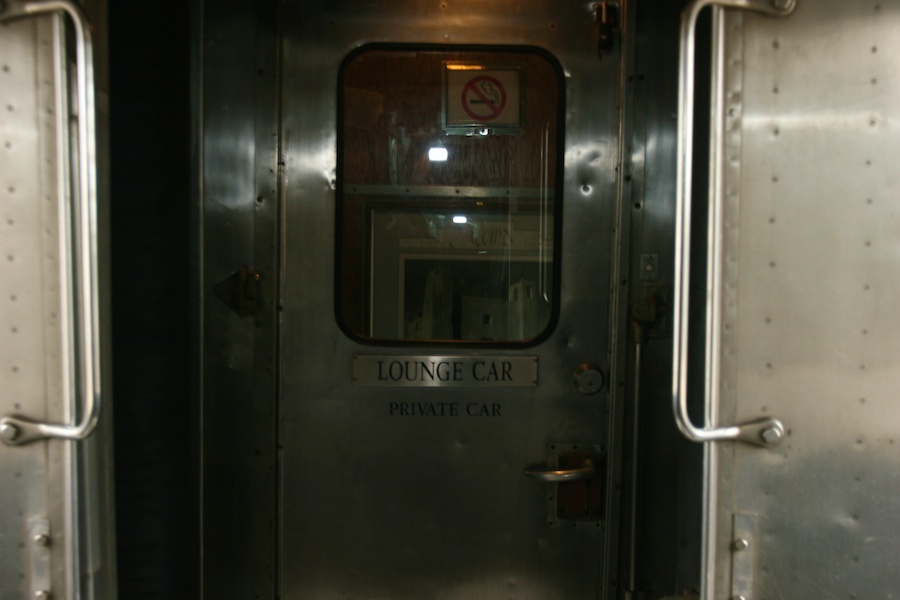
The new Acoma Lounge Car
Did You Know? - A lounge car (sometimes referred to as a buffet lounge, buffet car or club car) is a type of passenger car on a train, where riders can purchase food and drinks. The car may feature large windows and comfortable seating to create a relaxing diversion from standard coach or dining options.
In earlier times (and especially on the "name" trains), a lounge car was more likely to have a small kitchen, or grill and a limited menu.
Food was prepared to order and often cooked, though items such as club sandwiches would have usually been part of the offerings.
The cars were often operated by the Pullman Company, and in other cases by the railroad directly as part of the dining car department (on the Atchison, Topeka and Santa Fe Railway the Fred Harvey Company manned the food concession).
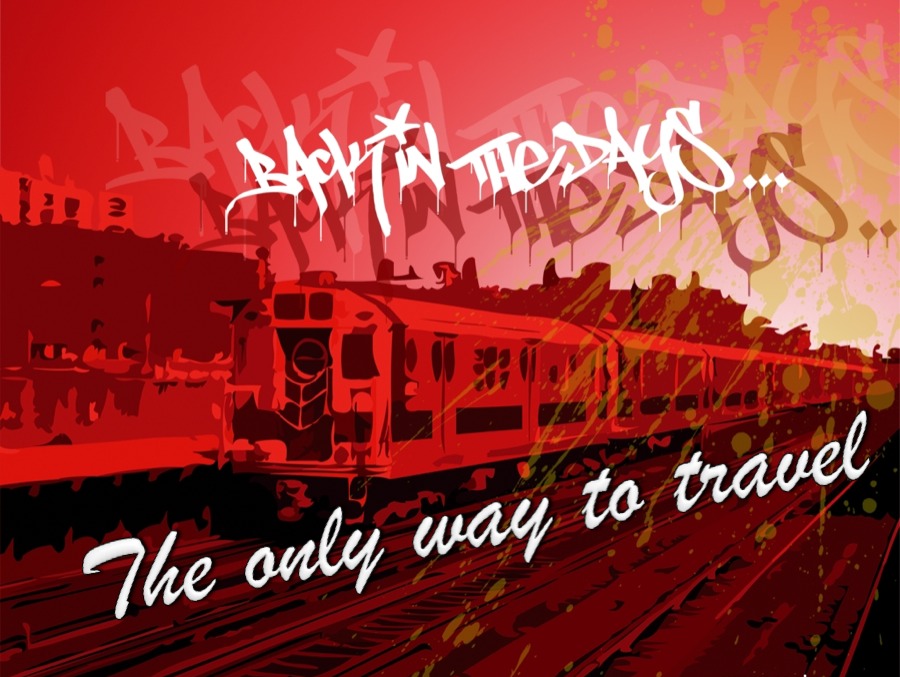
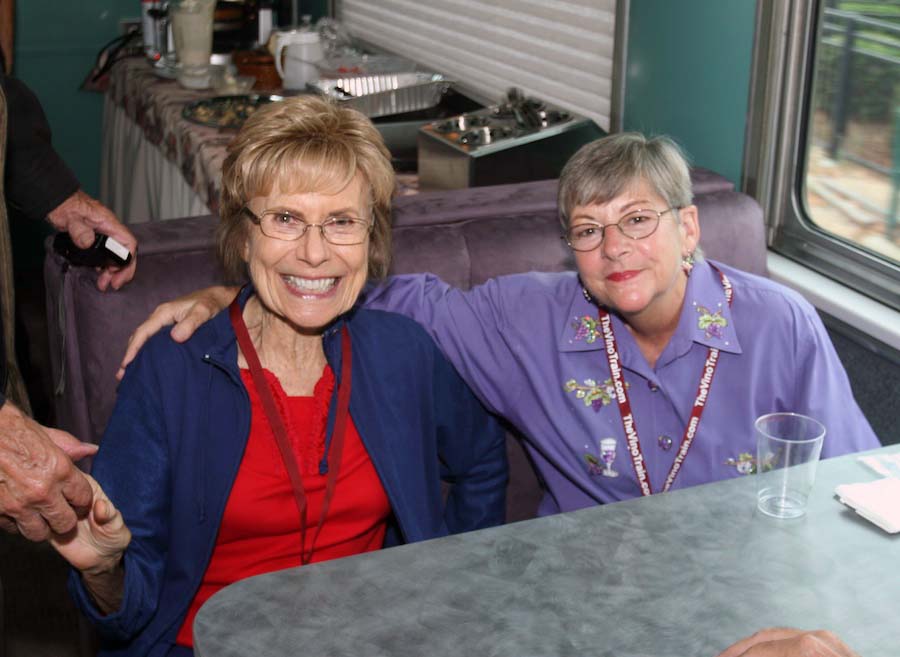
Barbara made it this year.... We picked her up in Chatsworth

Z-z-z-z-z-z-z-z-z-z
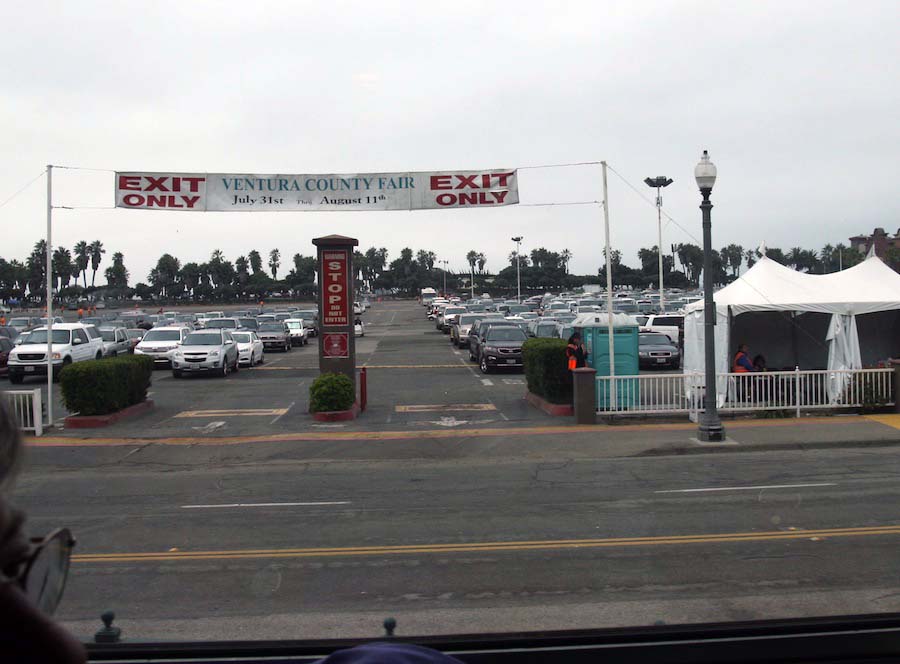
We are in Ventura at their Fair
Did You Know? - The first Ventura County Fair was held in 1874. Prior to being held at the Ventura County Fairgrounds, it was held at Pierpont Bluffs and Hueneme, with the fair initially being held in October, rather than August. In the early years, the main attraction was horse racing.
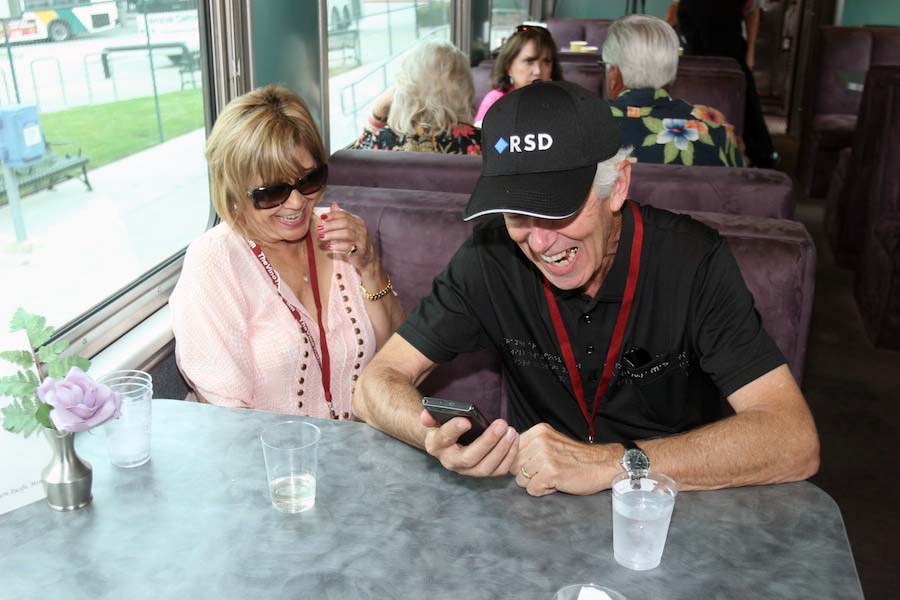
Monica and Tom catching up
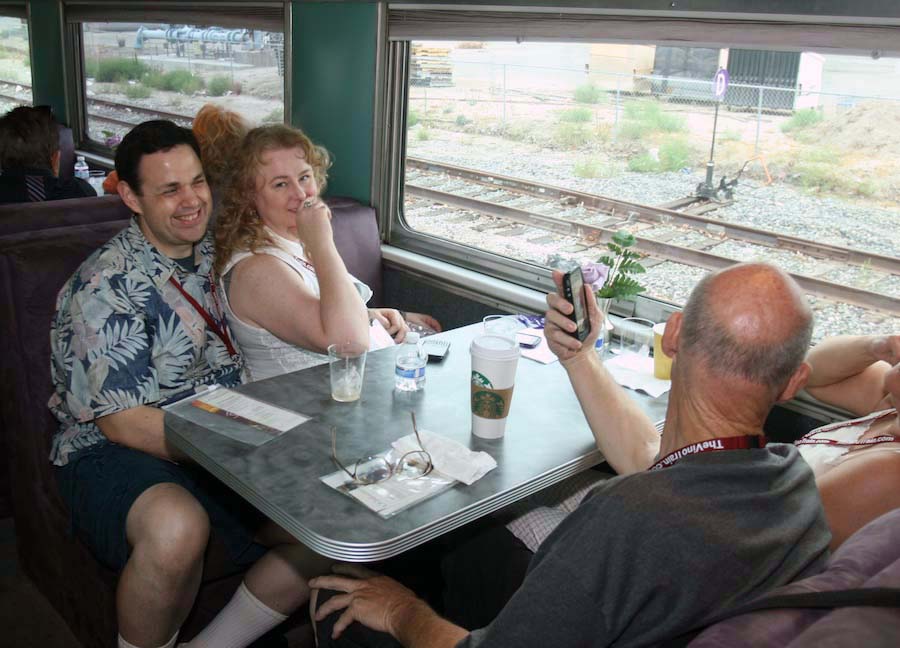
Sam and Brenda getting ready for Santa Barbara

Greg discovered the wine tasting bibs
(Courtesy of Hans)

We have our own mobile fashion show
(Courtesy of Hans)

The Silver Splender owners see the train passby (Courtesy Of Jose Mancera)

"All the wheels arfe still on... Life is good (Courtesy Of Jose Mancera)


We had a 30 minute delay
due to a broken northbound train ahead of us.... Time to visit
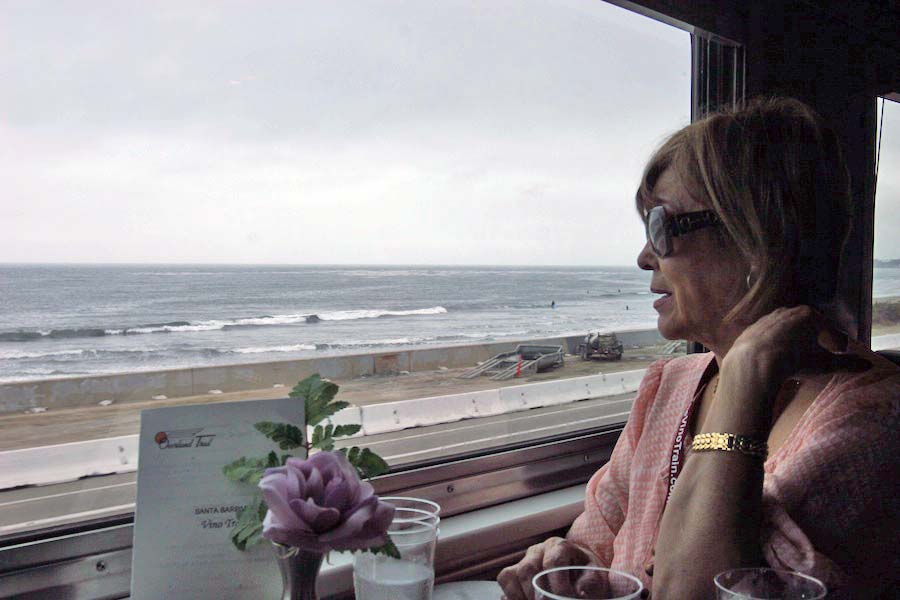
Monica watches the ocean fly by
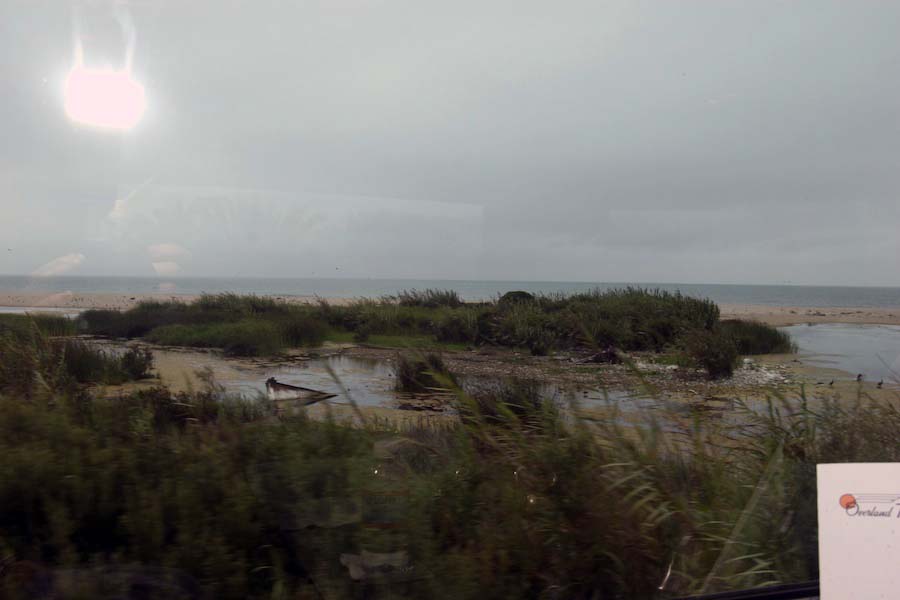
The scenery was pretty even at 60 miles per hour
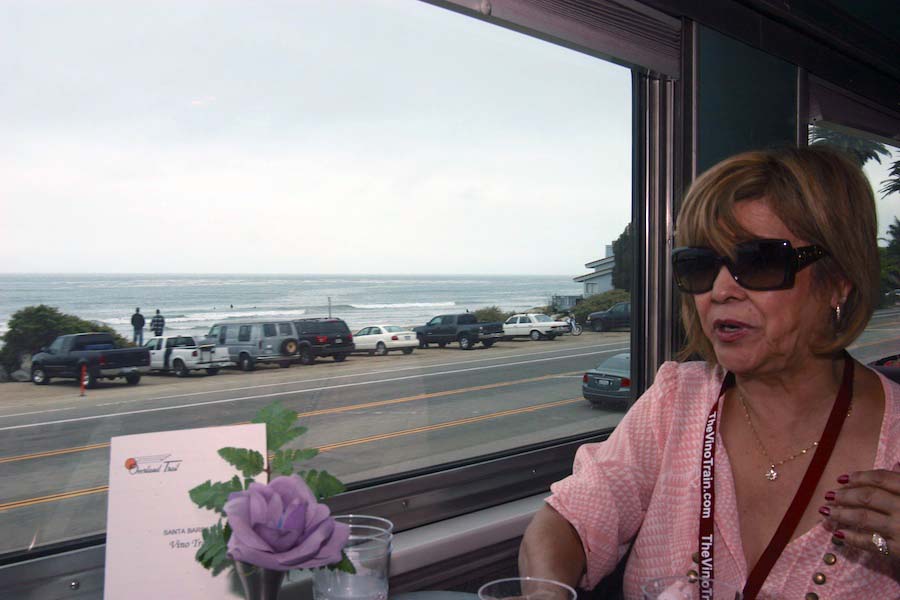
Santa Barbara is right around the corner
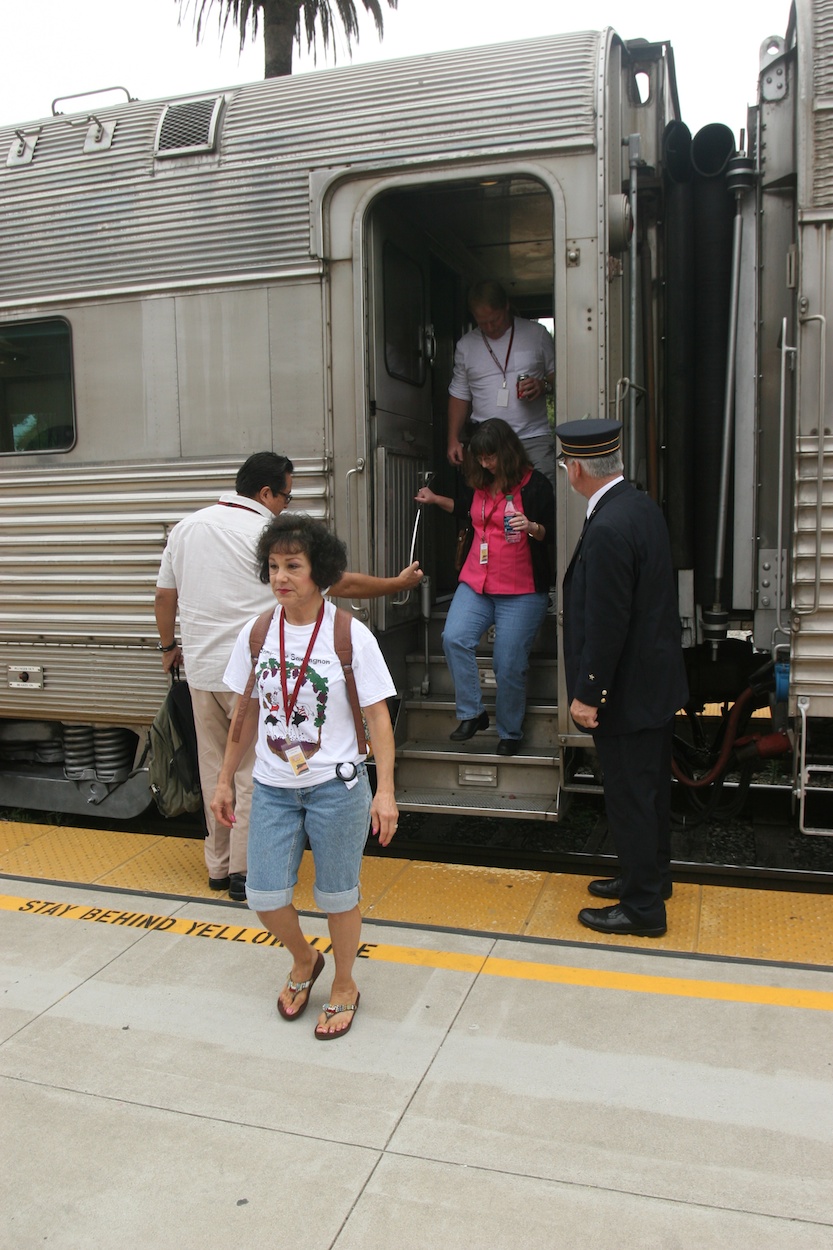
Our wine leader begins the journey
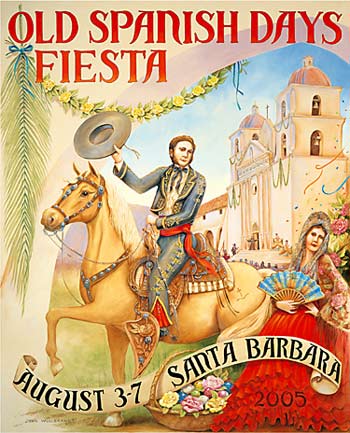

Did You Know? - Famous is the annual Fiesta (originally called "Old Spanish Days"), which is celebrated every year in August. The Fiesta is hosted by the Native Daughters of the Golden West and the Native Sons of the Golden West in a joint committee called the Fiesta Board. Fiesta was originally started as a tourist attraction, like the Rose Bowl, to draw business into the town in the 1920s.
Flower Girls and Las Señoritas are another attraction of Fiesta, as they march and participate in both Fiesta Pequeña (the kickoff of Fiesta) and the various parades. Flower Girls is for girls under 13. They throw roses and other flowers into the crowds. Las Señoritas are their older escorts. Many Señoritas join the Native Daughters at the age of 16.
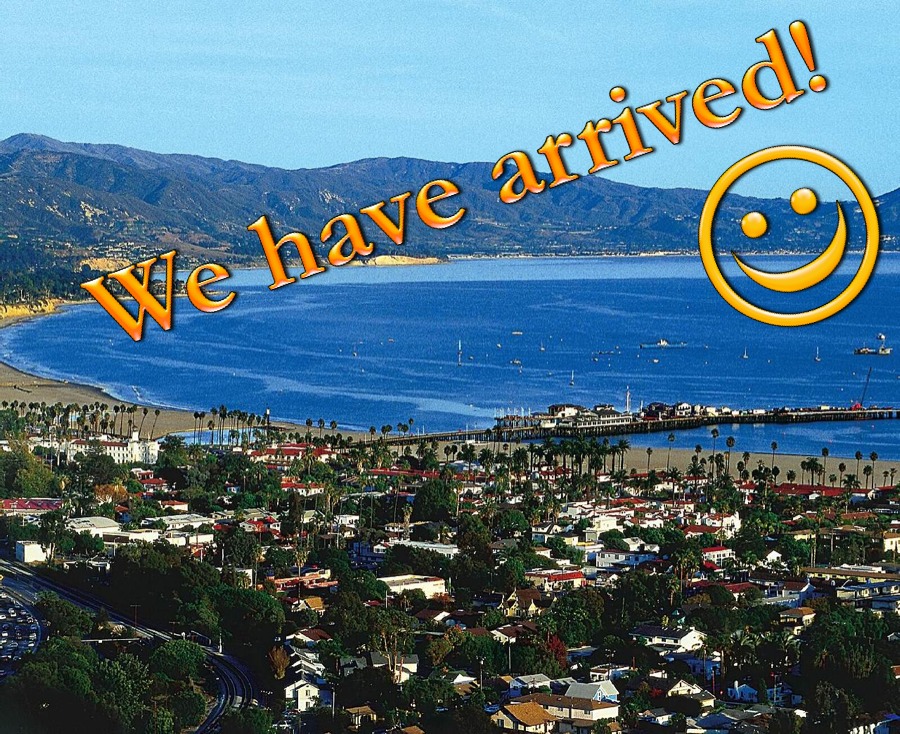
Did You Know? - The history of Santa Barbara, California, begins approximately 13,000 years ago with the arrival of the first Native Americans.
The Spanish came in the 18th century to occupy and Christianize the area, which became part of Mexico following the Mexican War of Independence. In 1848, the expanding United States acquired the town along with the rest of California as a result of defeating Mexico in the Mexican-American War.
Santa Barbara transformed then from a dusty cluster of adobes into successively a rowdy, lawless Gold Rush era town; a Victorian-era health resort; a center of silent film production; an oil boom town; a town supporting a military base and hospital during World War II; and finally it became the economically diverse resort destination it remains in the present day.
Twice destroyed by earthquakes, in 1812 and 1925, it most recently has rebuilt itself in a Spanish Colonial style.